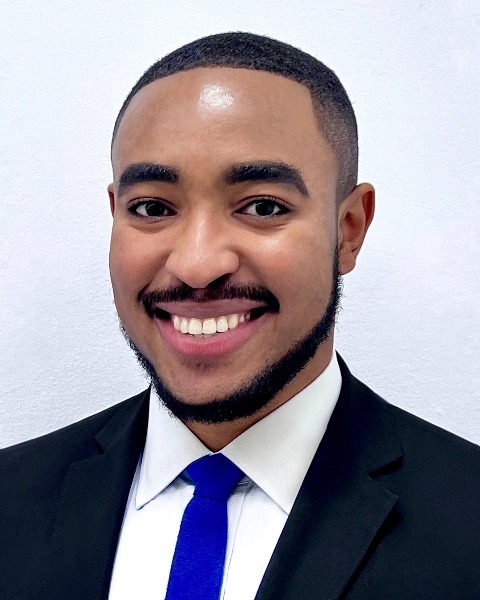Medical Education 3: Simulation
Session: Medical Education 3: Simulation
205 - Faculty-Driven Resuscitation Teaching by Senior Residents Improves Psychological Safety
Saturday, April 26, 2025
2:30pm - 4:45pm HST
Publication Number: 205.4587
Victor N. Oboli, Yale School of Medicine, New Haven, CT, United States; Muhammad Waseem, Lincoln Medical Center, Bronx new York, Bronx, NY, United States

Victor N. Oboli, MD (he/him/his)
Clinical Fellow
Yale School of Medicine
New Haven, Connecticut, United States
Presenting Author(s)
Background: Psychological safety is mandatory for satisfactory learning and trainee empowerment. However, creating a stimulating environment that fosters confidence and the exchange of ideas can be very challenging. Often, residents feel pressured and worried about their performance with faculty teaching, which impacts learning outcomes.
Objective: We adopted trained senior residents as facilitators to teach resuscitations through simulation to determine whether it creates a safe space and improves learners' psychological safety. In addition, we assessed the impact of residents' teaching on their performance during in-situ simulation sessions, how residents perceived teaching at a resident level compared to a faculty level, and how comfortable they were with resident teaching.
Design/Methods: Setting: Pediatric ED of an inner-city hospital with an annual visit of 40,000 patients. Participants: 73 pediatric/EM residents. We conducted monthly in-situ simulations over one year facilitated by senior residents utilizing several clinical scenarios from the "Emergency Medicine Resident Simulation Curriculum for Pediatrics (EM ReSCu Peds)." After reflective debriefing, comfort and performance were inquired anonymously post-simulation using a validated structured questionnaire on a 5-point Likert scale (1 = strongly disagree to 5 = strongly agree). In addition, these simulation sessions were recorded, and the study team assessed their performance with faculty using a structured checklist.
Results: Only 58 residents responded. Among these, forty-nine (84%) agreed and strongly agreed to be at ease and relaxed during the simulation. Forty-three residents (74%) were satisfied with their patient management without nervousness or difficulty communicating their medical opinions to others. Forty-four residents (75%) performed better and incorporated their knowledge during the session without fear of being wrong or judged. Thirty residents (52%) would prefer not to have faculty present, while twenty-five (43%) disagreed with not having faculty present during the simulation.
Conclusion(s): With senior residents facilitating teaching sessions, residents felt more relaxed and comfortable. To achieve optimal performance, knowledge-intensive work environments like residency training programs may consider senior residents teaching younger residents resuscitations through clinical simulations to boost psychological safety. This resident teaching model requires further exploration and validation to determine whether or not a lack of faculty involvement limits teaching. Multi-site collaboration to study this module is also needed to drive change.
Simulation Survey Results
.png)
Simulation Survey Results
.png)

